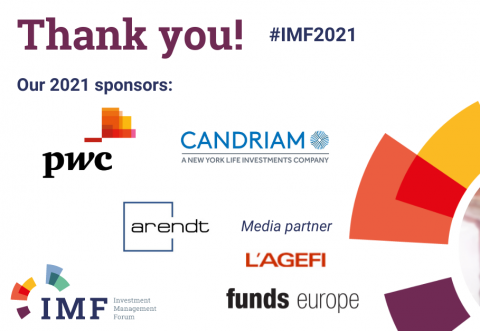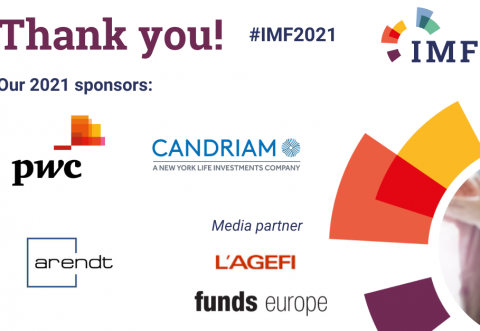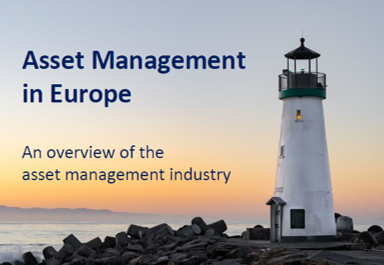International Agenda
Whereas EFAMA’s primary focus is on EU financial services legislation, we also actively engage at a global level with international standard-setting bodies, such as IOSCO (of which EFAMA is an affiliate member), the Financial Stability Board (FSB) or the OECD, to name but a few. In this context, EFAMA strongly supports the development of mutually agreed international regulatory standards to reduce market fragmentation and facilitate cross-border business.
We also keep a close watch on regulatory developments in jurisdictions outside the European Union that are likely to significantly impact our members’ activities. For example, in recent years EFAMA actively engaged with foreign authorities on regulations limiting the distribution of European funds abroad. Examples include filings to the UAE Securities and Commodities Authority (SCA), the Indian SEBI, the U.S. SEC and the OECD.
EFAMA final letter to U.S. SEC re. proposed revisions to the Volcker Rule
EFAMA reply to FSB consultation on Incentives to Centrally Clear over-the-Counter (OTC) Derivatives
EFAMA Comment Letter to US OCC on Volcker Rule exemption (filed 21 Sept. 2017)
IMF 2021: Thought-provoking discussions and insightful presentations
This year’s Investment Management Forum featured an incredible number of high-level speakers and thought-provoking discussions.
.png)
Thank you to the Investment Management Forum sponsors | Register now!
Register now for our Investment Management Forum next week! High-calibre panels and keynote speakers promise rich, informative and thought-provoking exchanges between European policymakers, investment managers and regulators on
- the Competitiveness of our industry
- the EU retail investment strategy
- the latest in global standards for sustainability reporting
- challenges and opportunities of alternative investment regulations
- the impact of digitalisation on asset management
- and more...
FSB consultation on policy proposals to enhance Money Market Funds' resilience
While cognisant of the FSB’s strict timelines in view of upcoming G20 summits, these should not come at the expense of a necessary and more informed debate on the causes at the root of last year’s stresses in global short-term funding markets (STFMs) and on ways to remedy these in the future. In fact, the options presented in the consultation report appear hurried and dismissive of critical facts, calling therefore for a deeper engagement with the global financial and investing community at large.
Annual Review June 2019-June 2020
"It gives me great pleasure to provide you with an overview of our activities since our Annual General Meeting in Paris last year. While we were very much looking forward to hosting you all in Brussels this week, the current crisis and associated travel restrictions has forced us to improvise and turn our meeting into a virtual AGM.
EFAMA Market Insights | Issue #1 | Net outflows from UCITS in March 2020 - Industry weathers Covid-19 crisis
The Covid-19 pandemic significantly impacted financial markets. Stock markets across the world suffered a steep decline driven by lower economic growth and corporate profits. As anticipated, the crisis caused substantial net outflows from UCITS in March (EUR 313 billion). However, as a percentage of net assets, these outflows were no higher than in October 2008, at the height of the global financial crisis (2.9%).
Asset Management Report 2019
The EFAMA Asset Management in Europe report aims at providing facts and figures to gain a better understanding of the role of the European asset management industry. It takes a different approach from that of the other EFAMA research reports, on two grounds. Firstly, this report does not focus exclusively on investment funds, but it also analyses the assets that are managed by asset managers under the form of discretionary mandates. Secondly, the report focuses on the countries where the investment fund assets are managed rather than on the countries in which the funds are domiciled.


































